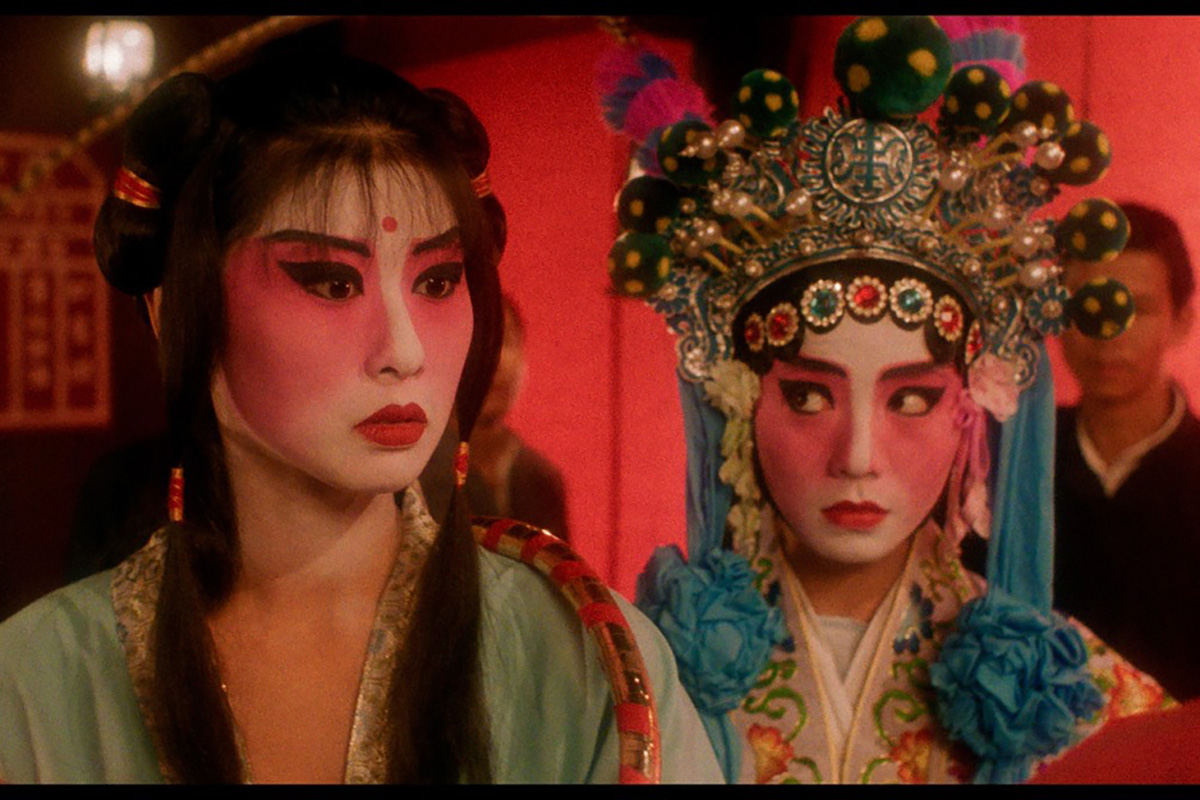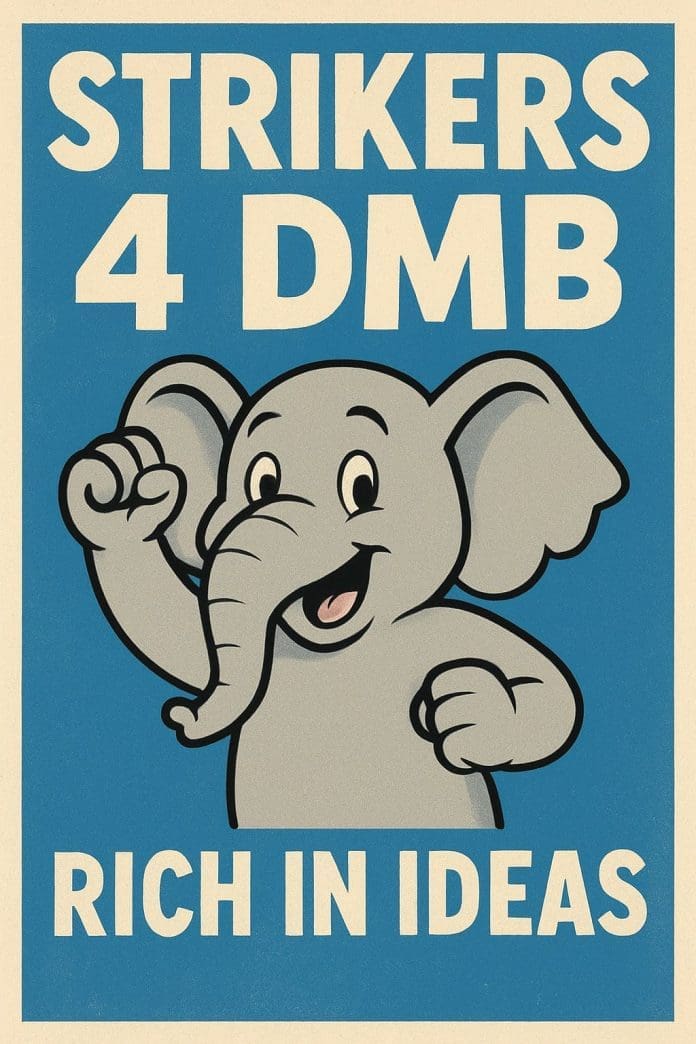By Carson Wang,Kat Sachs
Copyright chicagoreader

I’ve never thought much about the concept of the matinee; it’s the French word for “morning,” but in our language it denotes “a musical or dramatic performance or social or public event held in the daytime and especially the afternoon.” I wonder why this necessitates its own term—does it matter when one sees a play or movie?
Ever since I moved to Chicago, I’ve enjoyed matinees, especially at the Music Box Theatre. I distinctly remember one of my first times going there, before I had made friends or met anyone to see movies with. I went to see King Vidor’s The Crowd (1928) as part of organist Dennis Scott’s defunct Silent Saturday matinee series. (The Chicago Film Society now programs most of the theater’s silent film offerings.) Fourteen years ago, I loved films, especially classic films, but I didn’t know much about silent cinema. The Crowd blew my mind, and I look back to that as a defining moment in my evolution as a writer, critic, cinema lover, and all-around moviegoer. I’ve been thinking about it lately, as last Wednesday, as part of CHIRP Radio’s First Time reading series at Martyrs’, I read a story about how I saw my now-husband for the second time at a screening of Leos Carax’s Holy Motors (2012) at the Music Box; the film opens with a reference to a famous scene from The Crowd in which a camera pans high above an audience of people watching a movie. I often imagine myself as part of that crowd, considering what it means to be a member of an audience both as a refuge from the loneliness of modern society and as one among the homogenous masses.
But I digress. Matinees have been top of mind because this weekend I enjoyed two of them at the Music Box. First, on Saturday, I saw Tsui Hark’s Peking Opera Blues (1986); then on Sunday, I saw Erich von Stroheim’s 1919 silent film Blind Husbands, presented by the Chicago Film Society and featuring always-excellent accompaniment by pianist David Drazin. Narratively and culturally, the films couldn’t be more different, but the experience of watching them bright-eyed on a weekend morning, caffeine coursing through my veins and the whole day ahead of me, united them and my weekend, making each day all the better. Peking Opera Blues had an illuminating introduction by Carson Wang, a graduate student in U. Chicago’s master of arts program and a political organizer with Asian American Midwest Progressives and Asian Americans Advancing Justice Chicago. The film is bright, colorful, and zany; any kind of plot is secondary to its freneticism, which moves the story along at a pace that often makes it difficult to follow (whilst still being enjoyable on other levels). On the other hand, Blind Husbands is black-and-white—visually and morally—and altogether more intense. But there are moments of cinematographic sublimity that showcase von Stroheim’s preternatural gift as a filmmaker.
On Saturday, I also went to see Darren Aronofsky’s latest, Caught Stealing (2025), at the Alamo Drafthouse. I’m mostly ambivalent about the trendy theater chain but confess to appreciating it more when it’s not as crowded, such as during the day. I sat by the windows facing Clark Street for a spell and enjoyed secondhand the hubbub following a Cubs game. But ultimately, I was going where I wanted to go, which was to a movie—and not a bad one at that. It was darker than I had anticipated from the trailers but still more fun than other Aronofsky films, and there’s a cat in it.
Last week, I intended to see more at the Music Box’s Noir City festival, but, reader, life got in the way. I’m going through a major life change that may only serve to make this column more interesting, but in the moment left me bereft. The movies have certainly helped; they’re a constant in my life that I can’t take for granted, and part of this change is reclaiming the passion I have for art, especially cinema.
Until next time, moviegoers.



